Should delegate authority to commune level in recruiting teachers?
Discussing in Group 4 (including the National Assembly Delegation of Khanh Hoa, Lai Chau and Lao Cai provinces) on the draft Resolution of the National Assembly on specific mechanisms and policies to implement Resolution No. 71-NQ/TW dated August 22, 2025 of the Politburo on breakthroughs in education and training development (referred to as the draft Resolution), the delegates basically agreed on the necessity of issuing this Resolution.
National Assembly Delegate Chamaléa Thi Thuy (Khanh Hoa) said that the draft Resolution has proposed many specific mechanisms and policies to develop human resources in the education sector (Article 2).
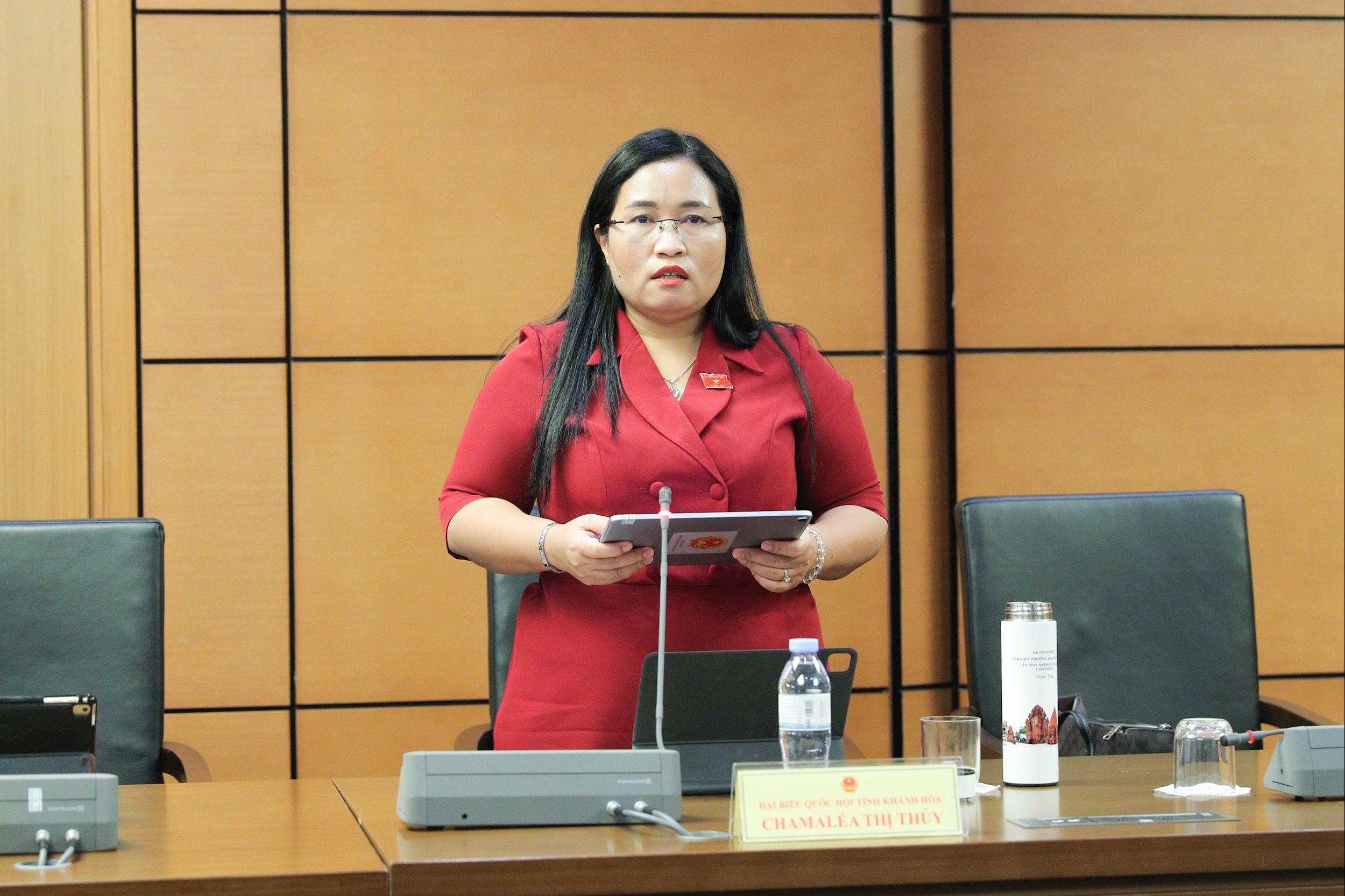
Specifically, regarding the decentralization of human resource management, the draft Resolution has stipulated that the authority to recruit, mobilize, and transfer teachers and management staff is given to the Director of the Department of Education and Training and the Chairman of the People's Committee at the commune level.
"This is a big step forward, helping to increase proactiveness and management effectiveness at localities," the delegate commented.
However, delegates suggested that it is necessary to add a strict monitoring mechanism to ensure that decentralization is carried out transparently, avoiding abuse of power or shortcomings in implementation at localities, especially in the context of merging administrative units.
Also related to decentralization of human resource management, National Assembly Deputy Tao Van Giot (Lai Chau) proposed that authority should be delegated to the commune level for recruitment in preschool, primary and secondary schools.
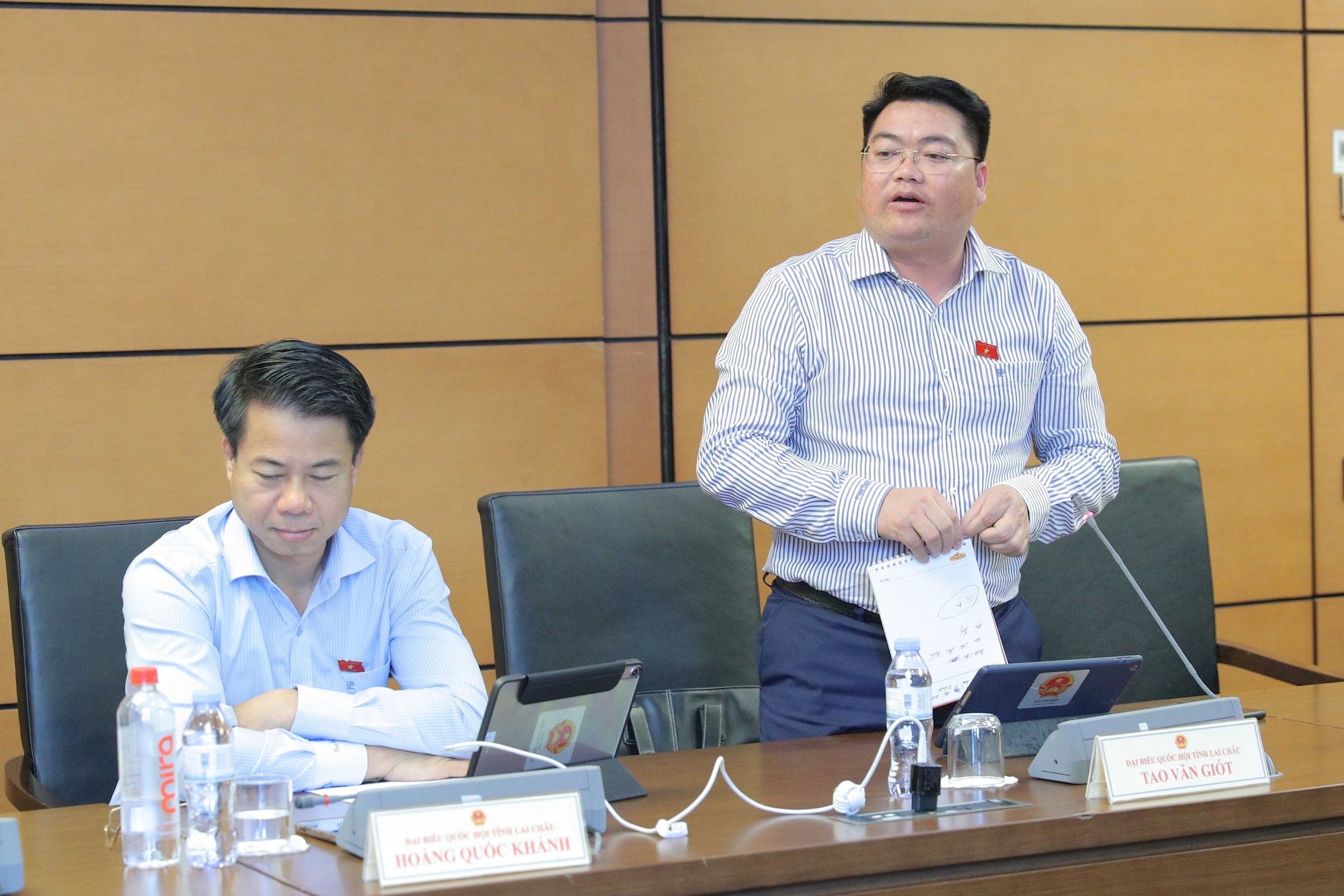
The delegate explained that in the case of assigning the task to the Department of Education and Training, a recruitment council must be established for teachers. When assigning it to the commune level, they can still establish a recruitment council with the same subjects, the professional level of the Department-level council is not different from the commune level. Therefore, if assigned to the commune level, it will be much more proactive, along with that, it must be linked to the responsibility of the recruiter for that personnel.
"If we assign the recruitment to the Department level, but assign the management and responsibility for the quality of human resources to the commune level, it is unreasonable and goes against the current spirit of strong decentralization to the locality," said delegate Tao Van Giot.
According to the delegate, the Department of Education and Training should be assigned to transfer personnel between two administrative units, for example, teachers from one commune to another, on the basis of coordination with the local management agency, the Commune People's Committee, which will be in accordance with the spirit of decentralization.
Agreeing with the need to strongly decentralize to the commune level in both receiving and recruiting teachers to increase initiative, National Assembly Deputy Sung A Lenh (Lao Cai) suggested further research and assessment of the impact as well as the monitoring mechanism to avoid the risk of negativity and locality.
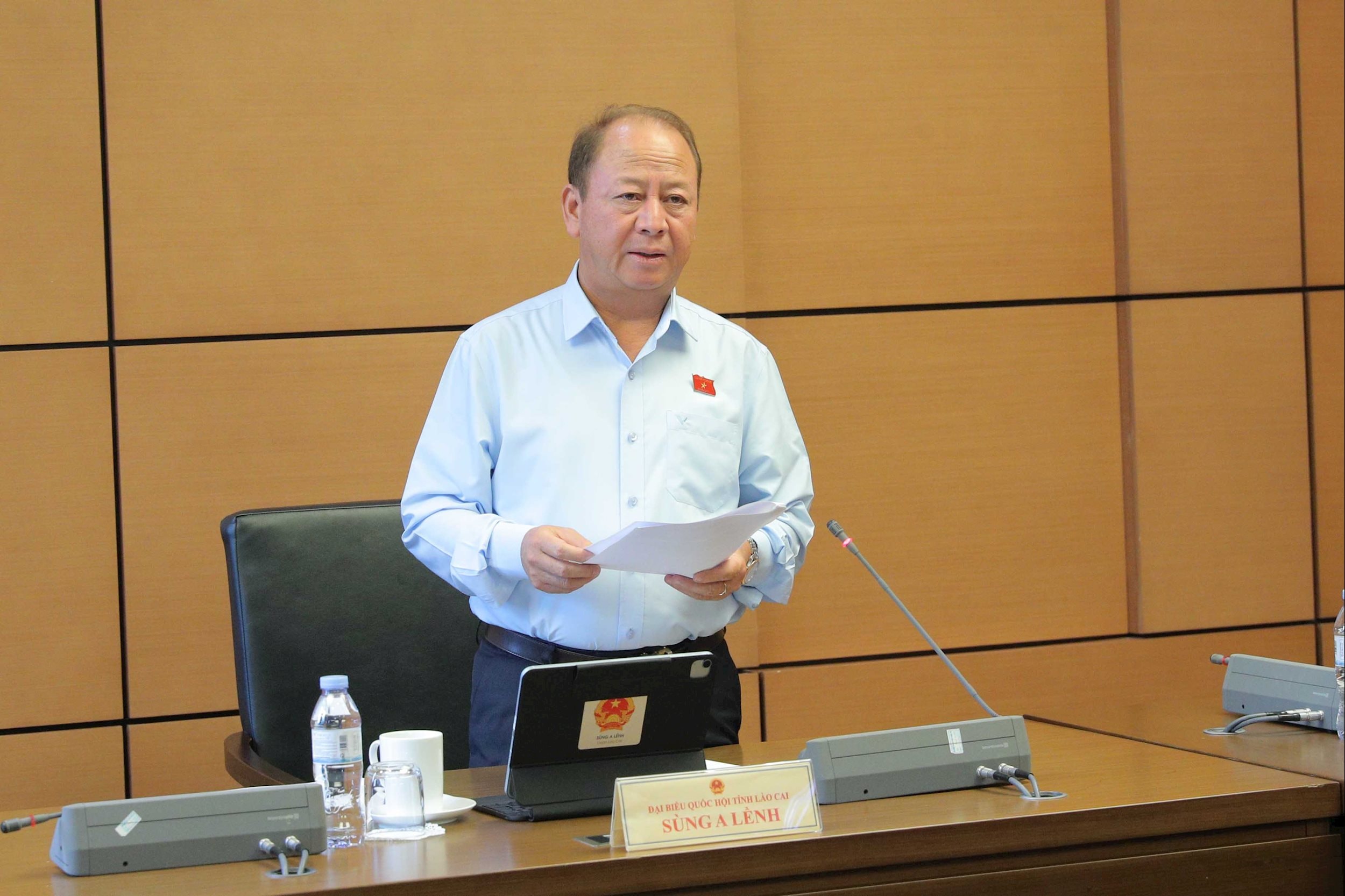
According to the delegate, in reality, in areas with good conditions to attract human resources, the commune-level authorities really want to have the authority to recruit. However, in remote areas, especially in mountainous areas where it is difficult to recruit personnel, they want the Department of Education and Training to recruit, then mobilize and send teachers to remote areas.
Thus, at the grassroots level, there are different wishes. However, "it should be assigned to the commune level and accompanied by specific mechanisms and policies for disadvantaged areas to attract candidates to participate in the recruitment, even switching to recruitment in both the health and education sectors", the delegate suggested.
Supplementing comprehensive support policies for teachers in particularly difficult areas
Regarding the preferential treatment policy, the draft Resolution specifically stipulates the level of vocational preferential allowances, including: minimum 70% for teachers, minimum 30% for staff, 100% for teachers working in especially difficult areas, border areas, islands, and ethnic minority areas.
Expressing “full support for this policy”, delegate Chamaléa Thi Thuy asked the National Assembly and the Government to pay attention to monitoring the implementation and ensuring the rights of teachers, especially in remote and isolated areas.
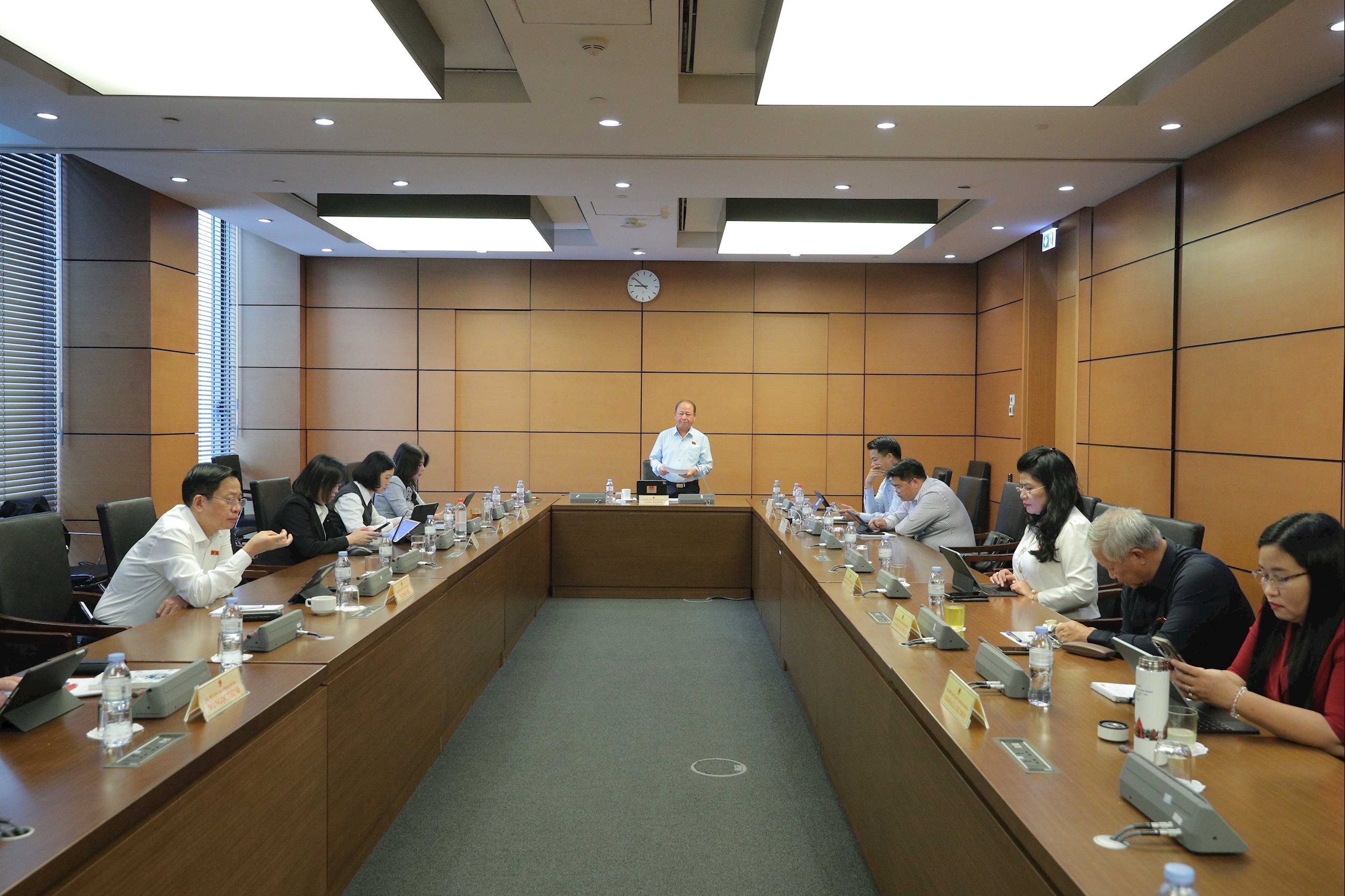
In particular, it is necessary to supplement comprehensive support policies for teachers in these areas, including: developing housing support programs for teachers in disadvantaged areas; providing transportation or supporting travel expenses; organizing specific training and development programs to improve teachers' capacity, helping them adapt to working conditions and requirements of educational innovation.
Regarding additional income, according to delegate Chamaléa Thi Thuy, granting autonomy to educational institutions in deciding on additional income from legal sources outside the state budget is a big step forward.
However, it is necessary to clearly define these legitimate sources of income, including tuition fees, income from scientific research activities, technology transfer and legitimate funding. At the same time, it is necessary to build a transparent monitoring mechanism to ensure that these sources of income are used for the right purposes.
A notable point is that the draft Resolution emphasized the provision of free textbooks to students, cooperation between educational institutions with businesses, research institutes and science and technology organizations to build training programs linked to labor market needs.
Believing that the unification of a set of textbooks nationwide from the 2026-2027 school year is a correct step, contributing to reducing the financial burden on parents and students, delegate Chamaléa Thi Thuy proposed to study and prioritize the implementation of the free textbook policy in disadvantaged areas, ethnic minority areas, and areas with limited socio-economic conditions.
At the same time, there should be a specific plan for reusing textbooks to reduce costs and avoid waste. This not only saves the state budget but also contributes to environmental protection.
Emphasizing that digital transformation is an inevitable trend to improve the quality of education, delegate Chamaléa Thi Thuy suggested that the draft Resolution needs to clarify the roadmap for building and operating a national database on education, ensuring feasibility and effectiveness.
Along with that, the policy of prioritizing investment in digital infrastructure for schools in remote and isolated areas needs to be regulated more specifically, ensuring that all students have access to digital education; at the same time, it is necessary to encourage businesses to participate in developing digital education products and services in the form of public-private partnerships.
Source: https://daibieunhandan.vn/uu-tien-mien-phi-sach-giao-khoa-tai-vung-kho-khan-dan-toc-thieu-so-10395942.html
















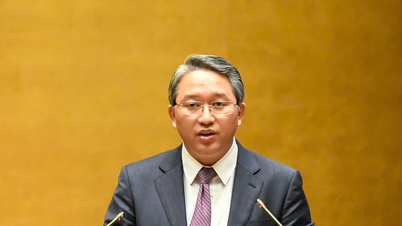







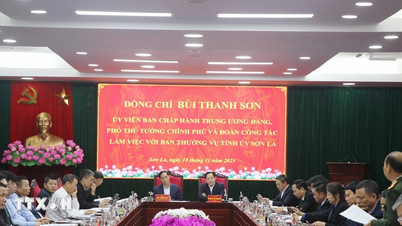













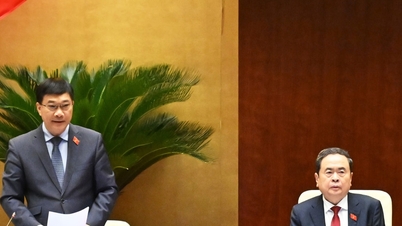


![[Photo] General Secretary To Lam and National Assembly Chairman Tran Thanh Man attend the 80th Anniversary of the Traditional Day of the Vietnamese Inspection Sector](https://vphoto.vietnam.vn/thumb/1200x675/vietnam/resource/IMAGE/2025/11/17/1763356362984_a2-bnd-7940-3561-jpg.webp)


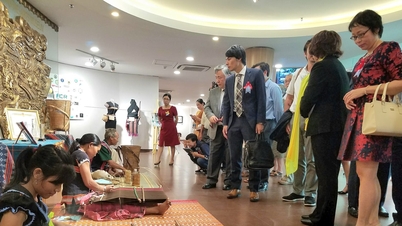









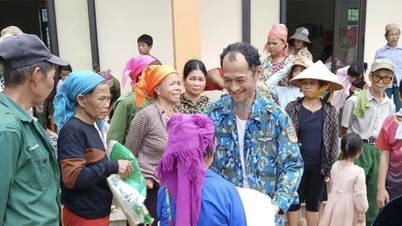





















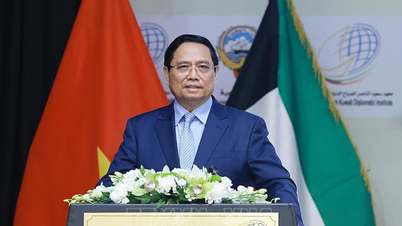














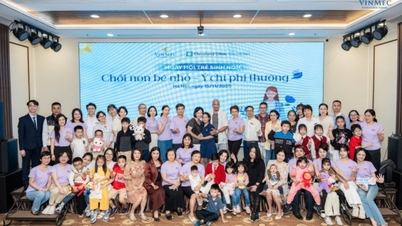





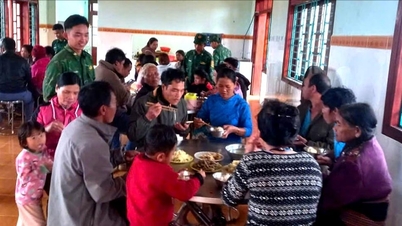















Comment (0)